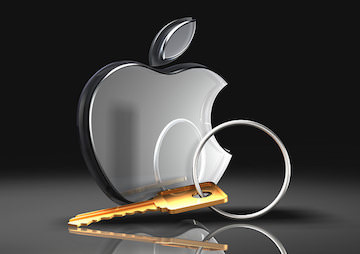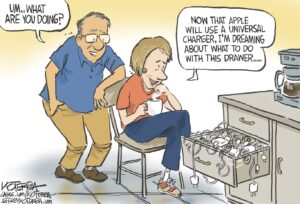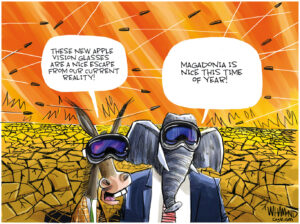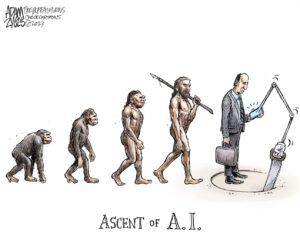How Did Apple End Up in the Government’s Encryption Crosshairs?
The tech giant has positioned itself as a champion of privacy by engaging in a potentially momentous conflict with the federal government over encryption. C_osett / Public Domain Mark 1.0
C_osett / Public Domain Mark 1.0
Apple has positioned itself as a champion of privacy by engaging in a potentially momentous conflict with the federal government over encryption. How did it come to this?
The Associated Press reports:
For months, Apple CEO Tim Cook has engaged in a sharp, public debate with government officials over his company’s decision to shield the data of iPhone users with strong encryption — essentially locking up people’s photos, text messages and other data so securely that even Apple can’t get at it. Law-enforcement officials from FBI Director James Comey on down have complained that terrorists and criminals may use that encryption as a shield.
Then on Wednesday, Apple found itself in the government’s crosshairs over an iPhone used by one of the San Bernardino mass shooters. A federal magistrate ordered Apple to produce software that would help federal investigators hack into that phone — not by breaking the encryption directly, but by disabling other security measures that prevent attempts to guess the phone’s passcode.
Apple has five days to challenge that order, setting the stage for a legal clash that experts say could change the relationship between tech companies and government authorities in the U.S. and around the world.
“This is really a deep question about the power of government to redesign products that we use,” said Ryan Calo, a University of Washington law professor who studies data security and privacy issues. […]
“This is asking a company to build a digital defect, a design flaw, into their products,” said Nuala O’Connor of the Center for Democracy and Technology, a Washington-based group that has criticized government surveillance. In a statement, the center warned that other companies could face similar orders in the future.
Others said a government victory could encourage regimes in China and other countries to make similar requests for access to smartphone data. Apple sells millions of iPhones in China, which has become the company’s second-largest market.
Continue reading here.
—Posted by Alexander Reed Kelly.
Your support matters…Independent journalism is under threat and overshadowed by heavily funded mainstream media.
You can help level the playing field. Become a member.
Your tax-deductible contribution keeps us digging beneath the headlines to give you thought-provoking, investigative reporting and analysis that unearths what's really happening- without compromise.
Give today to support our courageous, independent journalists.






You need to be a supporter to comment.
There are currently no responses to this article.
Be the first to respond.